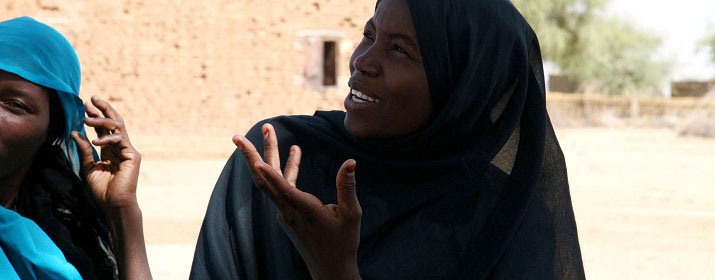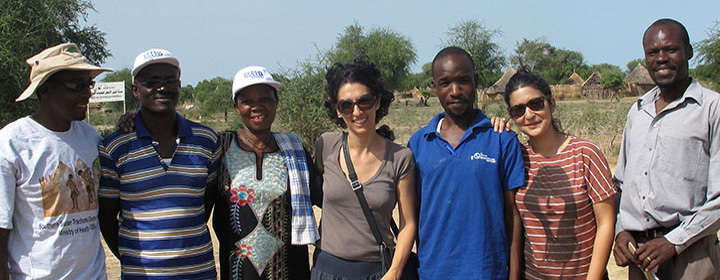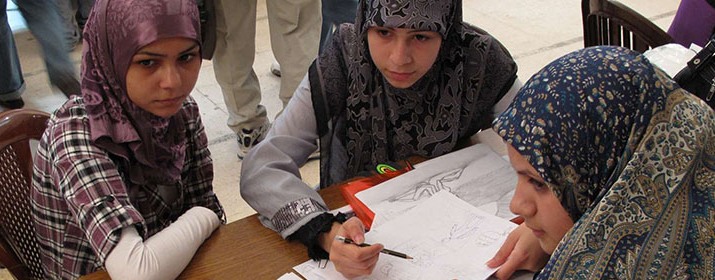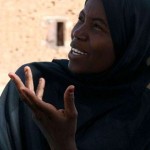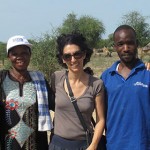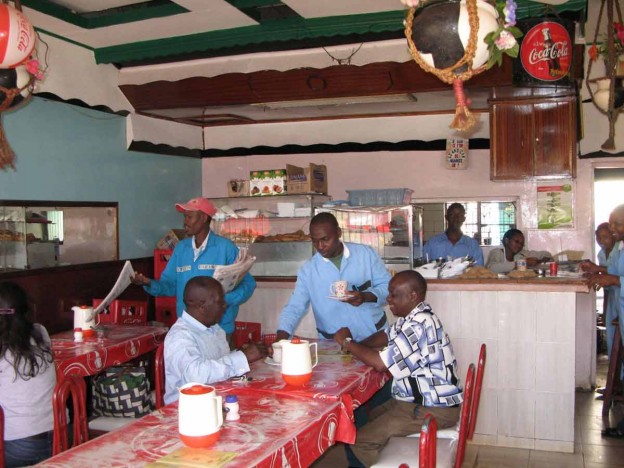(from the interview to Maurizio Ambrosini, professor of Sociology of migration at the University of Milan)
What does it mean to talk about co-development today?
That migrants can play a positive and active role in the development of their own country and the country of arrival, is a concept that has not a long history. For a long time immigration was seen as a “disease” and returning to homeland was the right “healing”, in this sense, co-development was considered the “therapy”, the facilitator of the return process. Even today, especially in times of crisis, the policies of many receiving countries encourage the return of migrants as a response to poverty.
This approach, however, is doomed, as it collides first with the psychology of migrants who left their country with hope and pride and have no intention of going back failed and with shame. Return is seen well by the immigrant when he or she is successful and can go back with hopes of further improvement, typically when he or she has savings and exists in the country of origin a positive economic environment that allows to enhance investment.
When the weight of remittances in the world economic scenario was discovered, there was a change of direction, and migrants became a resource for development. Indeed, in countries such as El Salvador, Eritrea and Sri Lanka remittances are the first active voice in the balance of payments and, in general, remittances tend to be resilient even in situations of economic crisis: they declined in 2009, but as early as 2010 began to grow again. The stabilization force of remittances in relation to the economic conditions also extends to the social aspects of life in the receiving countries.
However, this does not mean that remittances are the solution to the issue of development, and that there is no need for a commitment in projects, investments and positive actions by governmental and non-governmental organizations of the global North. It is true that remittances far exceed foreign direct investment and the funds of international cooperation, nevertheless, are not enough. They can generate imbalances within communities and receiving countries, distorted effects such as the increase in consumer goods prices and imitative processes which bring more and more people to emigrate.
What are the conditions for migrants to be engine of development?
In many contexts co-development is already a reality: there are experiences in which migrants establish commercial branches, in which they create a channel for fashion or food export, cases in which they generate productive companies that enter in global North markets. It is not a matter of inventing new things, but to improve and accompany the processes that have already and spontaneously developed.
However, co-development can be a successful and meaningful prospect, only if there is a dynamic environment at the place of destination, where it is possible to place at the service of development resources and knowledge that migrants have accumulated due to migration. In this sense, the role of the country of immigration in the global North is crucial in encouraging and promoting network processes and economic growth in the global South. Indeed, it is necessary to intervene with measures aimed at balancing inequalities and enhancing public services, which can generate redistribution and improvement of living conditions for the greatest number of people.


